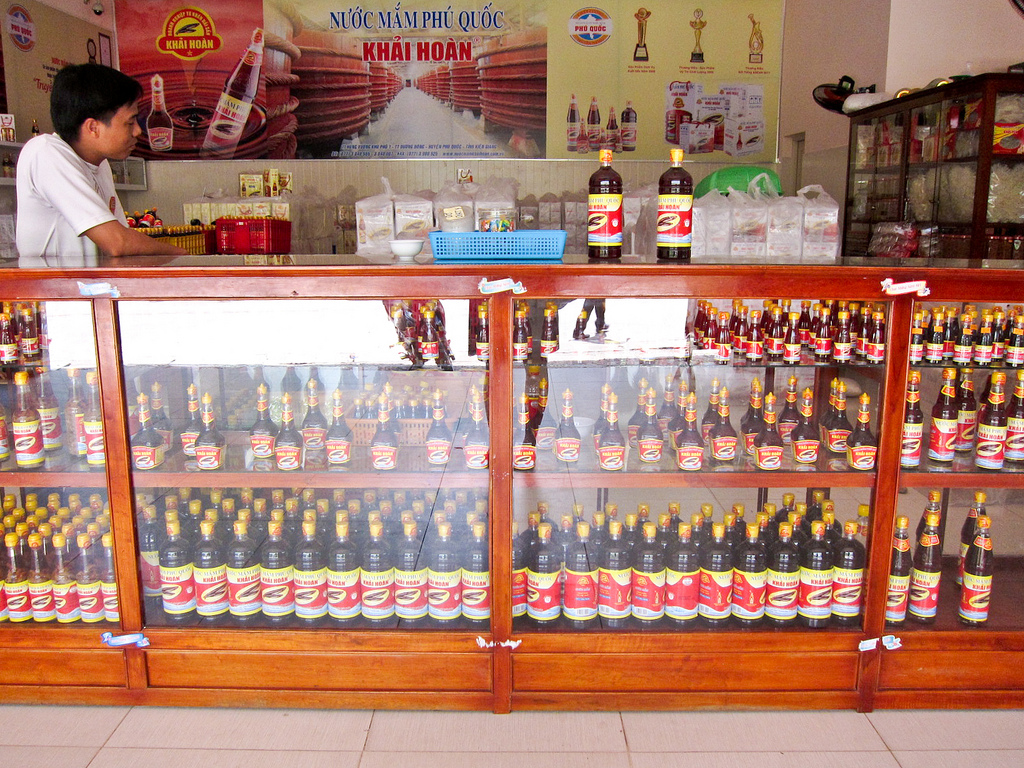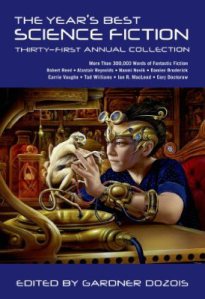Final Worldcon schedule
So, I got my final Worldcon schedule, and I’m going to be busy (in a pretty awesome way). As a reminder (taking a leaf from Kate Elliott’s book), I go to cons to meet people, so don’t be shy if you see me and want to talk. I’m also quite happy signing stuff and/or talking outside of panels (provided I’m not running on my way to elsewhere, of course!).
Below is where you can find me:
Autographing
Thursday 15:00 – 16:30, Autographing Space (ExCeL)
I will have signed postcards featuring the On a Red Station, Drifting artwork, and possibly a few other books: notably, I’m working on a POD edition of On a Red Station, but am not at all sure I’d have those with me.
Universal Language: Good or Bad?
Thursday 18:00 – 19:00, Capital Suite 14 (ExCeL)
Is a universal language possible? How might that be achieved and would achieving it necessitate destroying our own languages and way of thinking? Would we want to create one in addition to our own languages and if so, should it be spoken or signed?
Michael Burianyk (M), Dr. Bettina Beinhoff, Aliette de Bodard, Anna Feruglio Dal Dan, Jesi Pershing
Feeding the Imagination: Food in SF/F
Friday 11:00 – 12:00, Capital Suite 3 (ExCeL)
The food in George R.R. Martin’s A Song of Ice and Fire series is described in such detail that cookbooks have been published in response. What other genre works have focused heavily on food to develop the world and characters? What does food say about an invented society? Are stories that lack an exploration of the diet of their characters lacking something?
Shana Worthen (M) , Aliette de Bodard, Gillian Polack, Jo Walton , Fran Wilde
Content and Form: Writing SF/F in non-Western Modes
Friday 13:30 – 15:00, Capital Suite 8 (ExCeL)
Sofia Samatar recently suggested that SF genre writers and readers have “a tendency to focus on content rather than form”, even or especially when engaging with marginalised perspectives. Does our genre inevitably tend towards the form and structure of western, English-language stories, regardless of what cultural tradition(s) are reflected in the content? How can a non-western or non-Anglophone writer engage with science fiction and fantasy while also operating outside of the conventions of western-style storytelling? Is it possible for western writers to engage with non-western traditions in an authentic way and produce a story that a wider audience will recognize as science fiction or fantasy? What are some of the different forms offered by non-western cultures that need to be told?
Amal El-Mohtar (M), Aliette de Bodard, Rochita Loenen-Ruiz, JY Yang, Nick Wood
Kaffeeklatsch
Friday 17:00 – 18:00, London Suite 5 (ExCeL)
Reading
Saturday 10:00 – 10:30, London Suite 1 (ExCeL)
I haven’t made a firm decision on what I’m reading, but it’s likely to be an excerpt from the novel aka fantasy set in sideways version of Belle Epoque Paris–your chance to find out more ^^
Always Outside, Looking In?
Saturday 15:00 – 16:30, Capital Suite 16 (ExCeL)
How do writers from non-Anglophone countries relate to so-called “traditional SF”, and the expectations of Anglophone publishers and readers? What are the processes and considerations behind writing in a language that is not your first, or in seeing your work translated into English? While it’s often assumed that non-Anglophone writers all want to see their work reach the English audience, are there any circumstances under which a writer might choose not to? In a 2013 interview on the World SF blog, UAE writer Noura al-Noman said about one of her novels: “The whole idea behind ‘Ajwan’ was to provide Arabic content for teens … The subject matter [sci-fi] made Arabic seem more approachable to them … I am going to wait a bit before I publish it in English.”
Thomas Olde Heuvelt (M), Jesús Cañadas, Aliette de Bodard, Ju Honisch , Floris M. Kleijne
Environmentalism in Anime
Sunday 10:00 – 11:00, Capital Suite 2 (ExCeL)
Images of environmental destruction — or the complete replacement of nature with metal and concrete mega-cities — are common in anime. But there is also a tradition of anime and manga that preserves and honours nature: think of MuShiShi, or Nausicaa of the Valley of the Wind. Where else are ecologically-aware narratives found, and what is their focus? Is the environmentalism of anime primarily one of nostalgia and conservationism, or technological conquest?
Anushia Kandasivam (M), Adrian (Ade) Brown, Aliette de Bodard, Ian Murphy
Sunday evening, from 6pm onwards: Hugo Reception, Hugo Awards and Hugo Losers’ Ceremony.
I am ready to deliver on my promise to bring a snakelet in a suit onstage, should I (against all odds) find myself in a position to give an acceptance speech.


